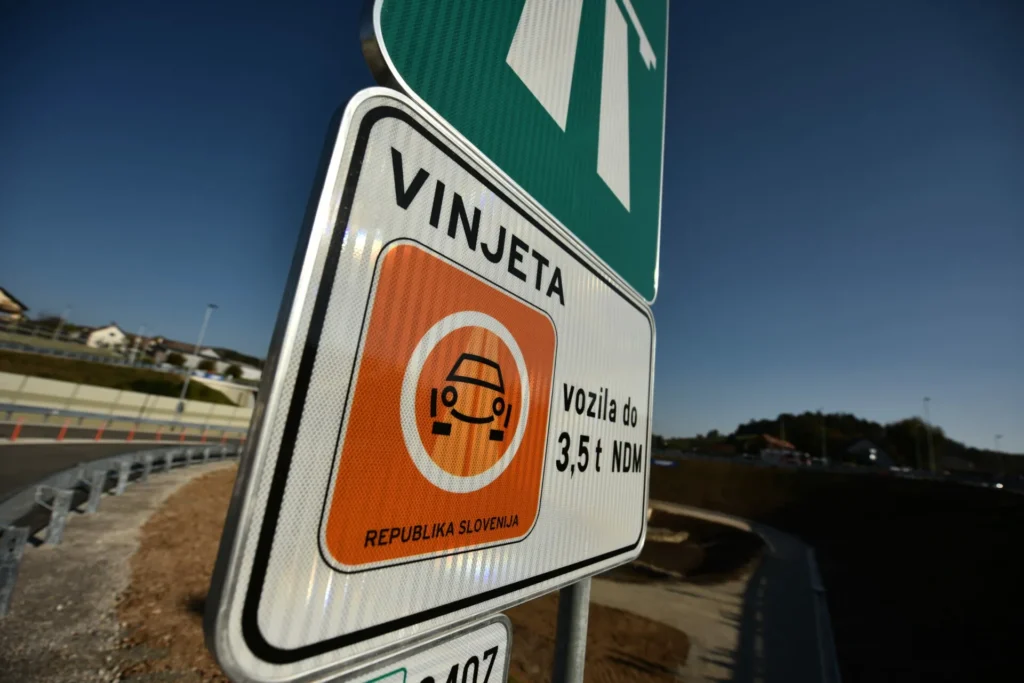The government plans to extend the validity of vignettes by four months and abolish their use on coastal expressways. Former minister Žiga Turk explained what this measure means and what its consequences will be.
This is what Žiga Turk, who is also a civil engineer, had to say on the matter: “This is yet another primitive populist measure to bribe voters. It will have a negative impact on traffic flow and send the wrong incentives.”
Instead of addressing the root causes of the problem – extensive renovations and lack of capacity – the government is effectively making the use of motorways cheaper, which will encourage even more traffic and consequently longer traffic jams. “There were traffic jams because people were driving more, but now they will pay less. The government has effectively made the use of motorways cheaper, which means that people will drive even more,” warned Turk, who also criticises the reduction in the Motorway Company of the Republic of Slovenia’s revenues: this will hamper investments in network expansion, which are key to solving chronic problems.
Turk also emphasised that the traffic jams are primarily the result of a “stupid ideological moratorium on motorway expansion” introduced by the current government, which is blocking urgent measures such as the third and fourth lanes around Ljubljana. “Even a free vignette does not compensate for the fact that people cannot travel normally around Slovenia. If the government wanted to do something useful, it would arrange building permits for the third and fourth lanes around Ljubljana,” he suggested, citing the example of the company Magna Steyr.
Namely, in 2017, the then-government quickly arranged a building permit for a paint shop in Hoče near Maribor with a special law called “lex Magna” in order to attract an investment of 146 million euros and create 404 jobs, despite environmental complications and pressure from environmentalists – and if something like that was possible for foreign investors, it should also be possible for infrastructure that would benefit all Slovenians.
What will the consequences be?
“The result will be that the appetite for pre-election handouts will only grow. However, we, the taxpayers, and our children will pay for them. It is also dangerous that the parties will now compete to see who can distribute more money that they do not have,” warned Turk.
The reactions from other users on social media and from the opposition were equally harsh. Jernej Vrtovec, President of the New Slovenia party (Nova Slovenija – NSi), described the government’s logic as absurd: “According to this logic, we should propose a reduction in contributions to the Health Insurance Institute of Slovenia, because we have longer waiting times in healthcare under this government. And the abolition of contributions for long-term care, which does not exist, already happened yesterday.”
Security expert Boštjan Perne wrote in response to the news: “It’s good that the government has recognised that the situation on our highways is a complete disaster. It’s good that they have acknowledged what Niko Gamulin already found in his research. So, the director of the Motorway Company of the Republic of Slovenia will resign today, right? Because someone has to take responsibility for this situation.” These comments show that the proposal does not solve the problems, but obscures them with pre-election handouts, while the traffic crisis only deepens.
T. B.


